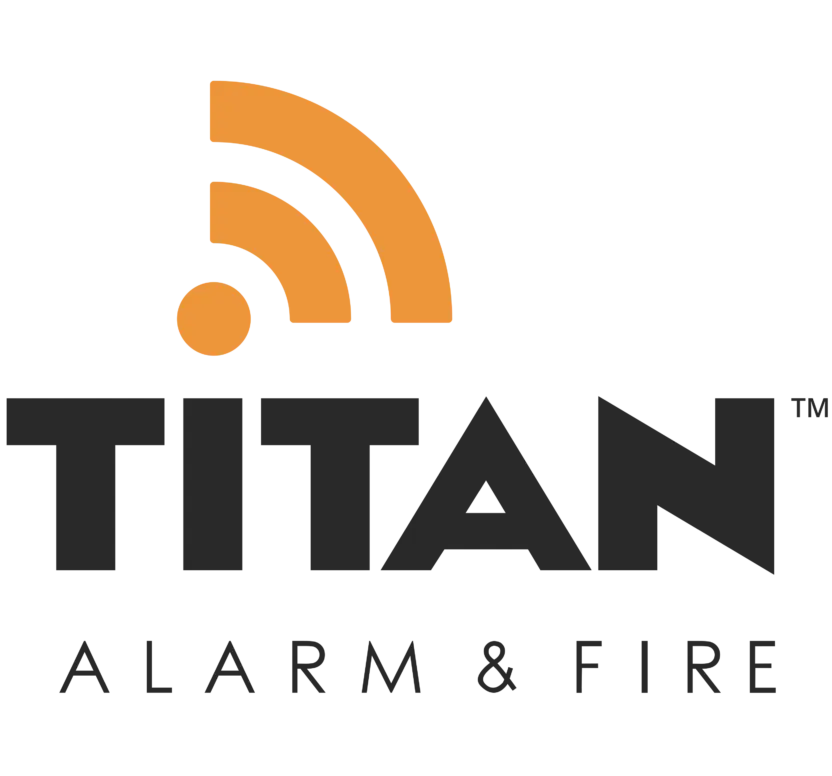Life Safety and Fire Alarm Systems
Ensuring that a life safety and fire alarm system not only meets code, but also keeps your property and people safe is of utmost importance for any business or property owner. In Phoenix, you need a company with the experience and dedication to customer satisfaction to ensure that your building
